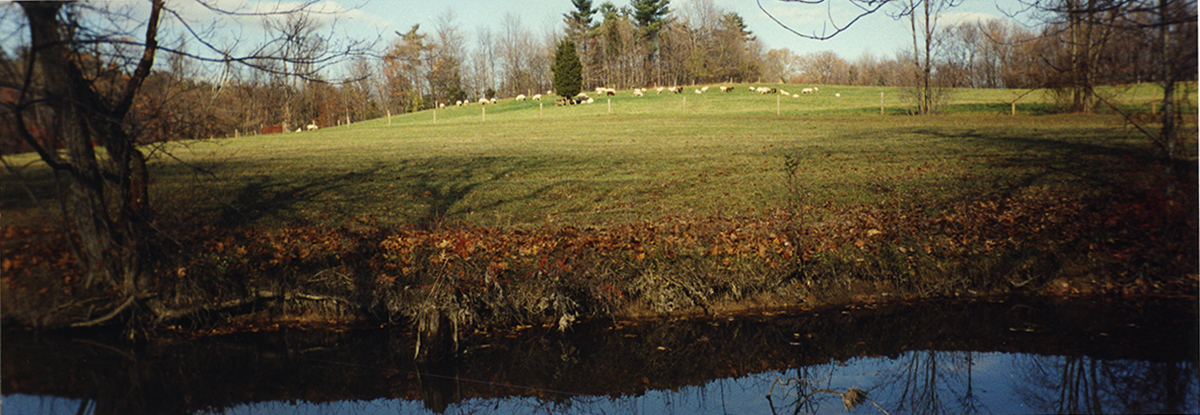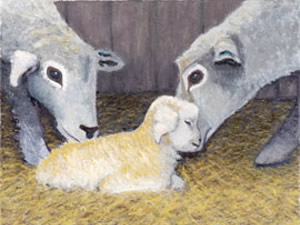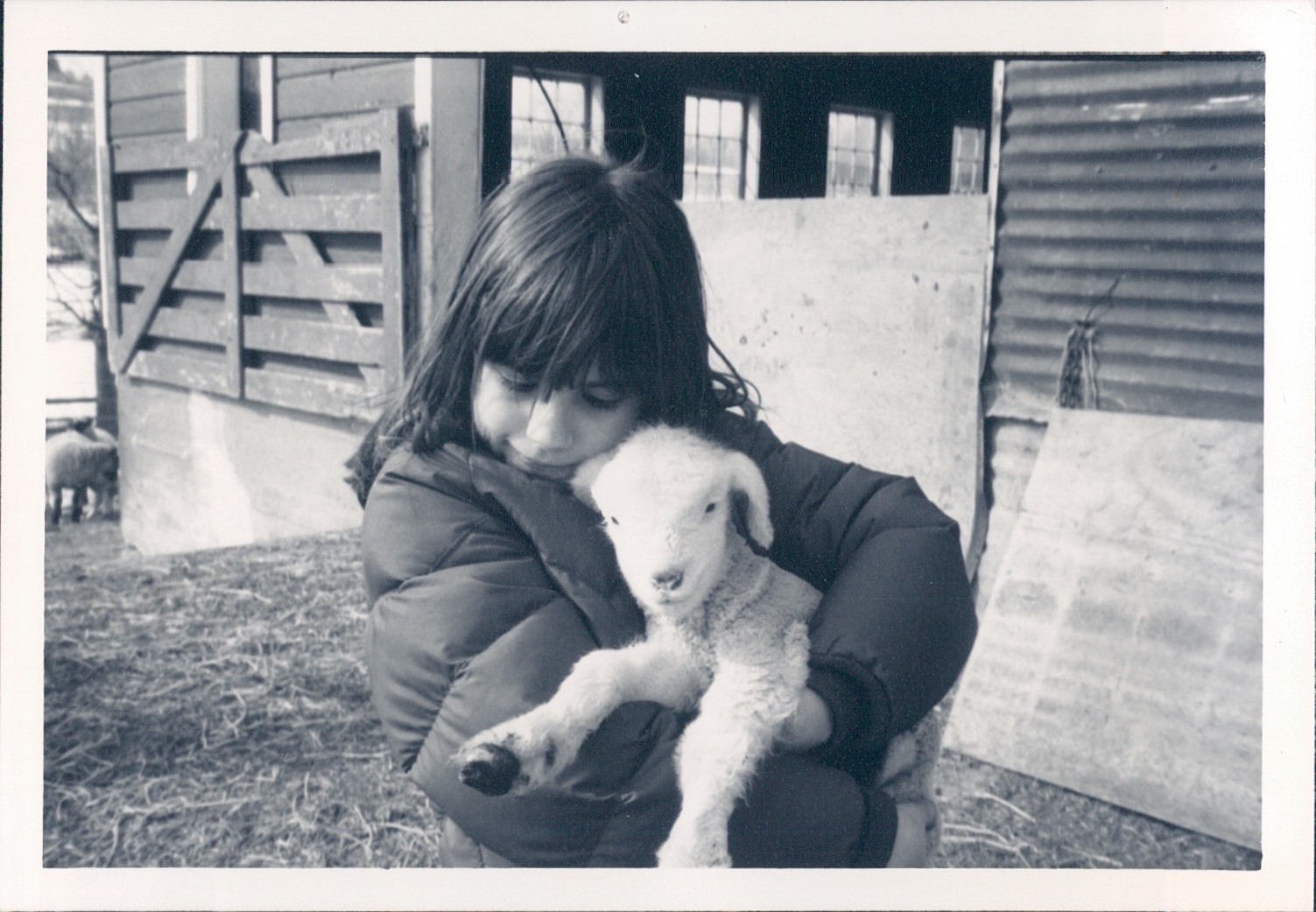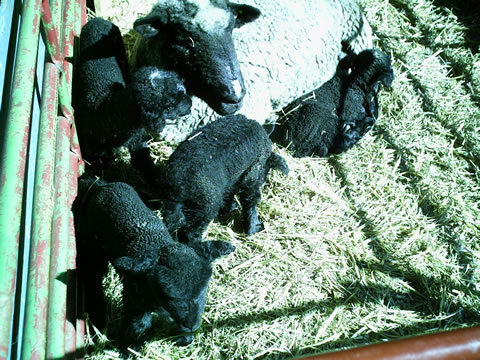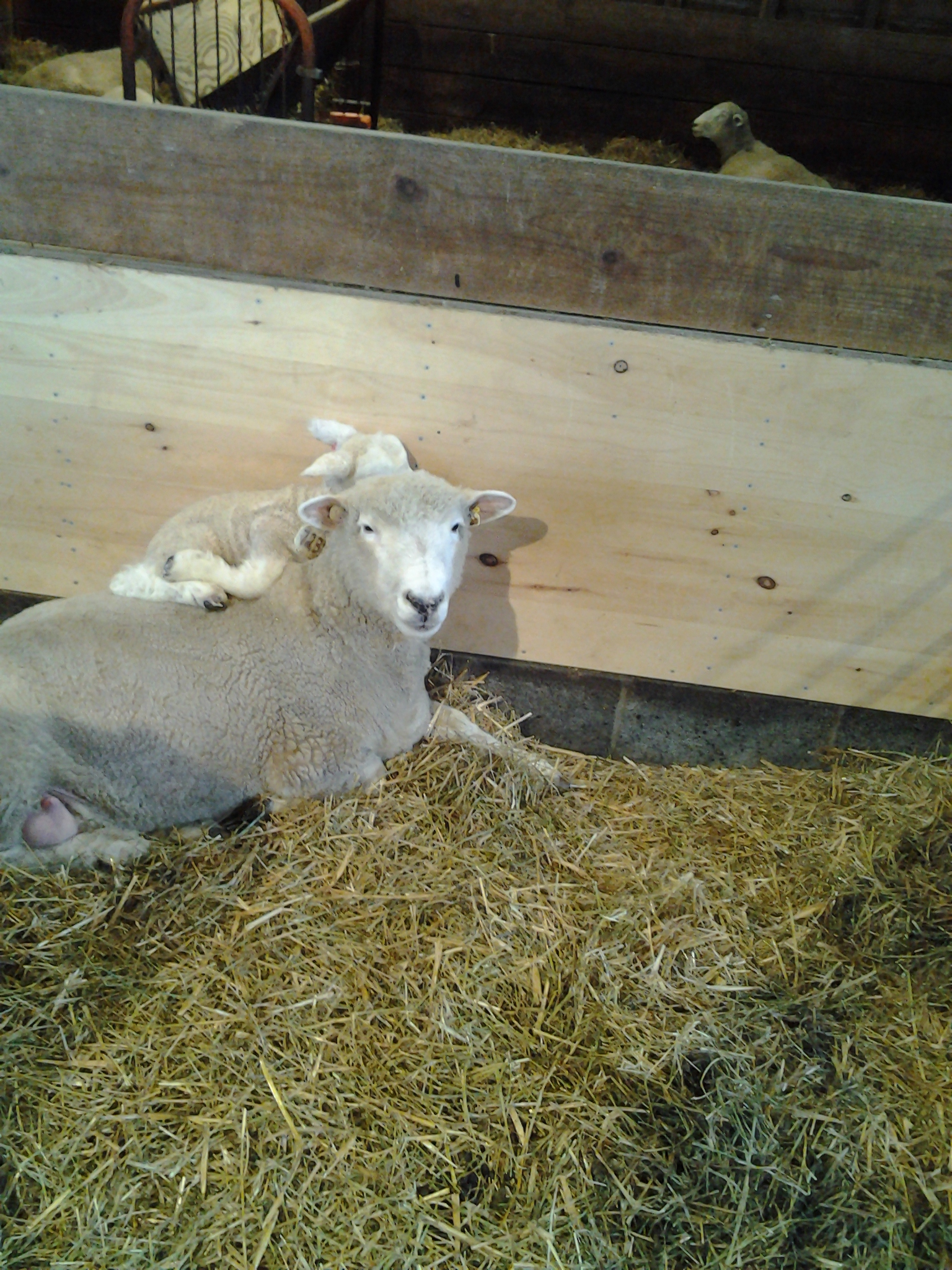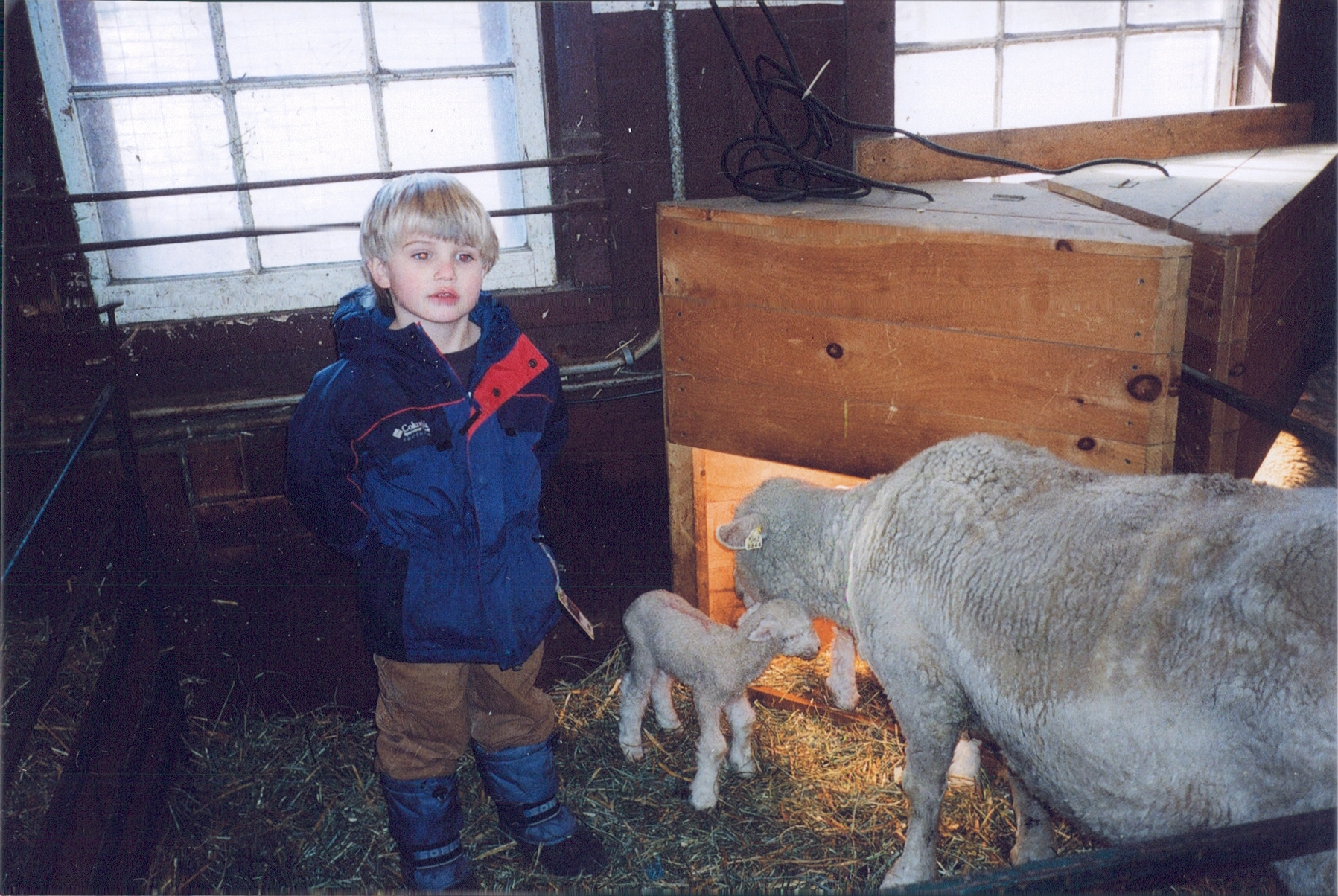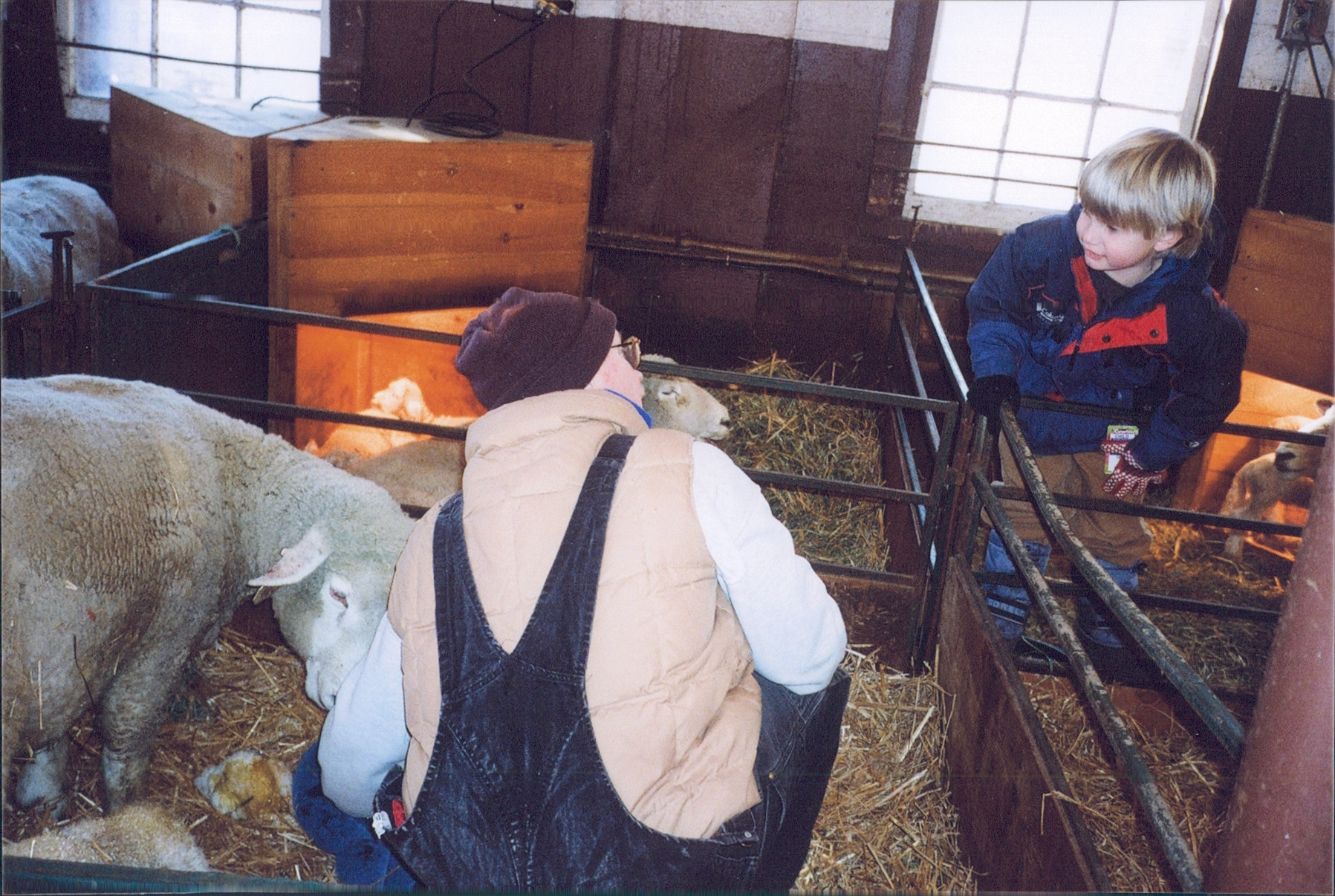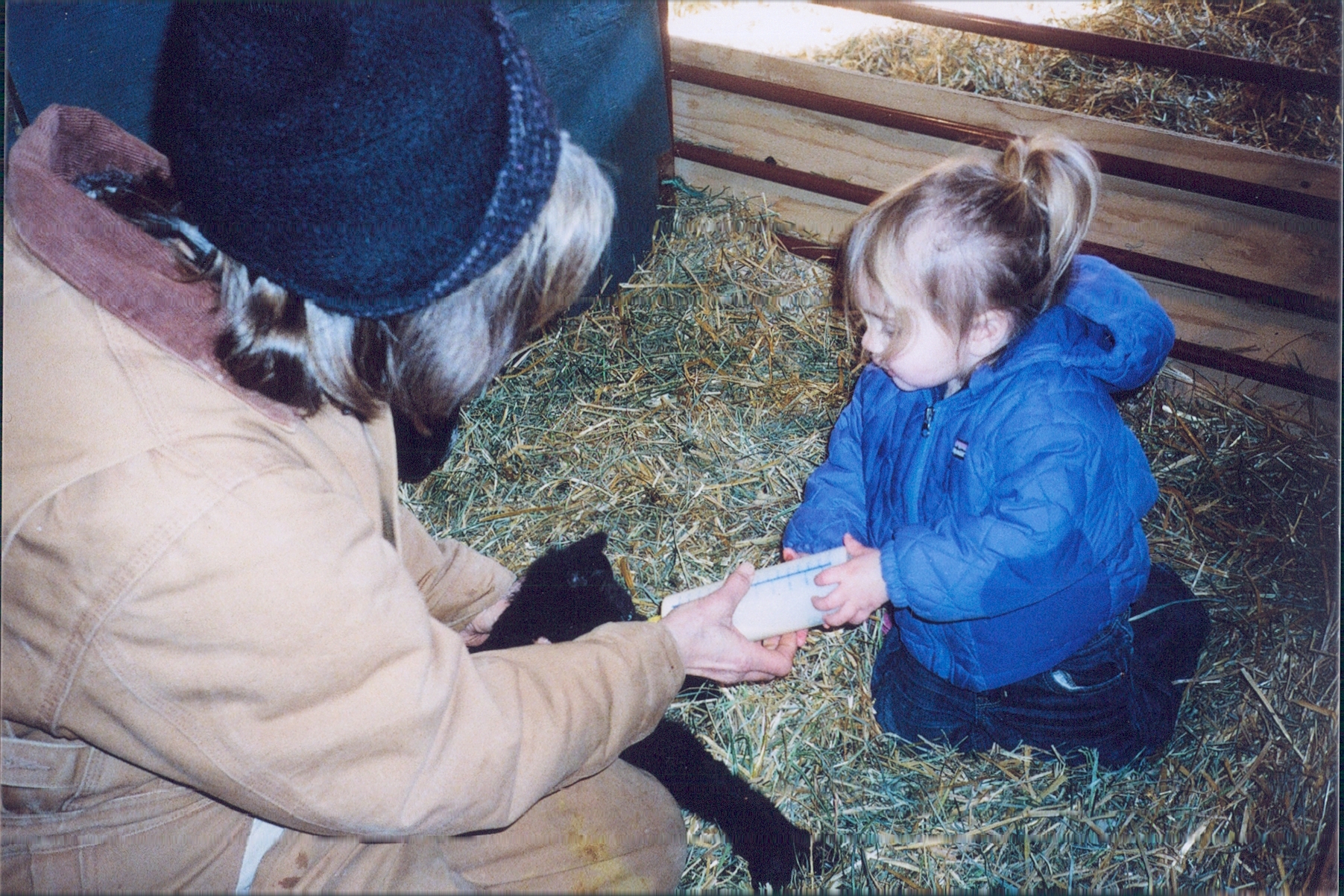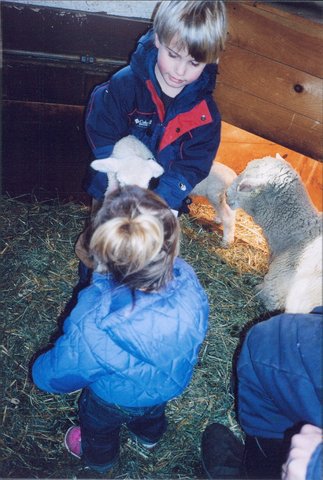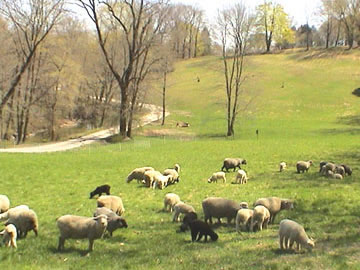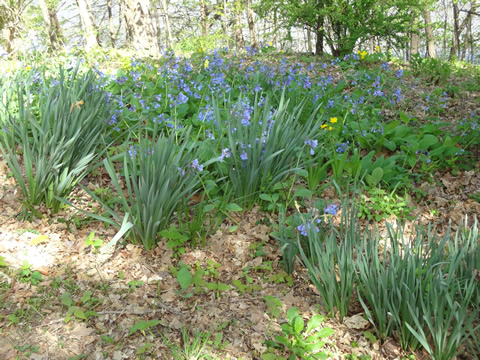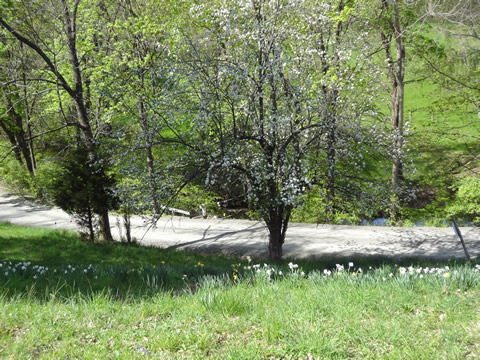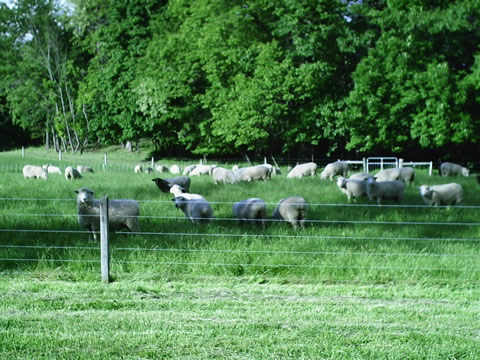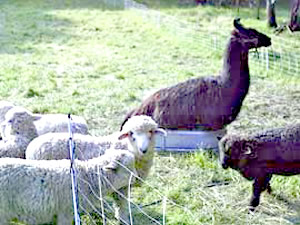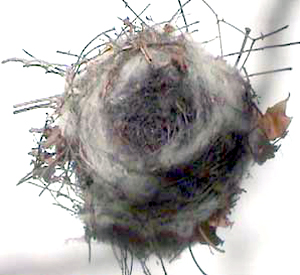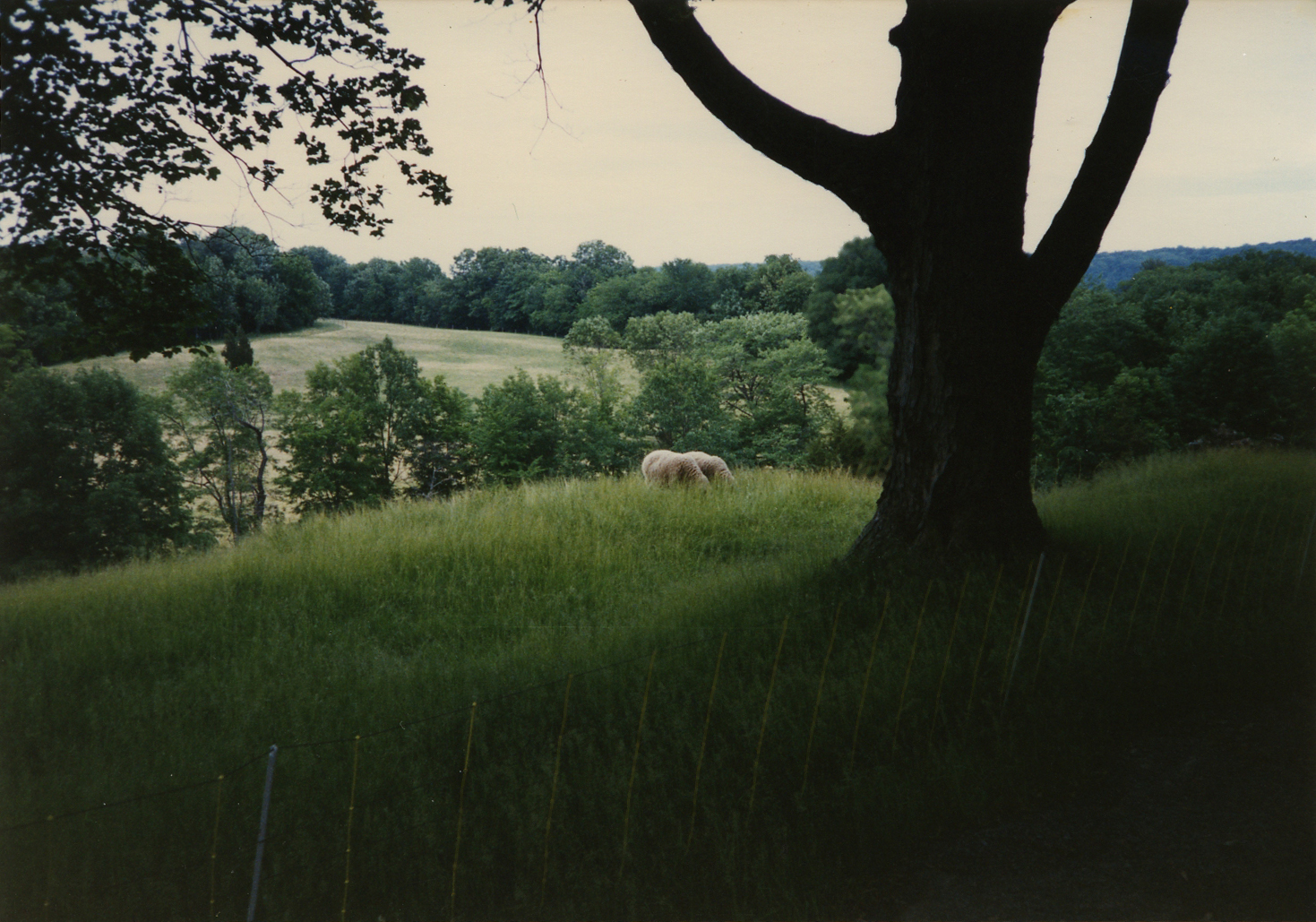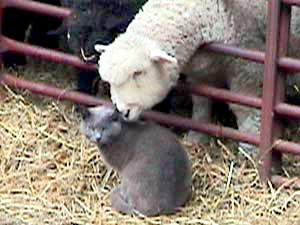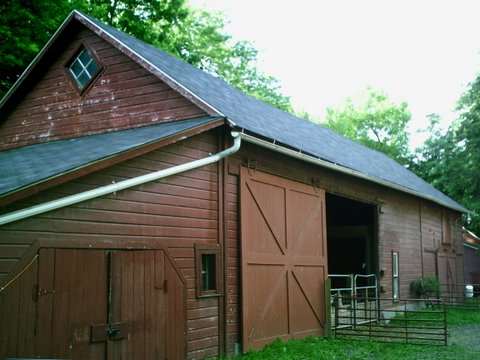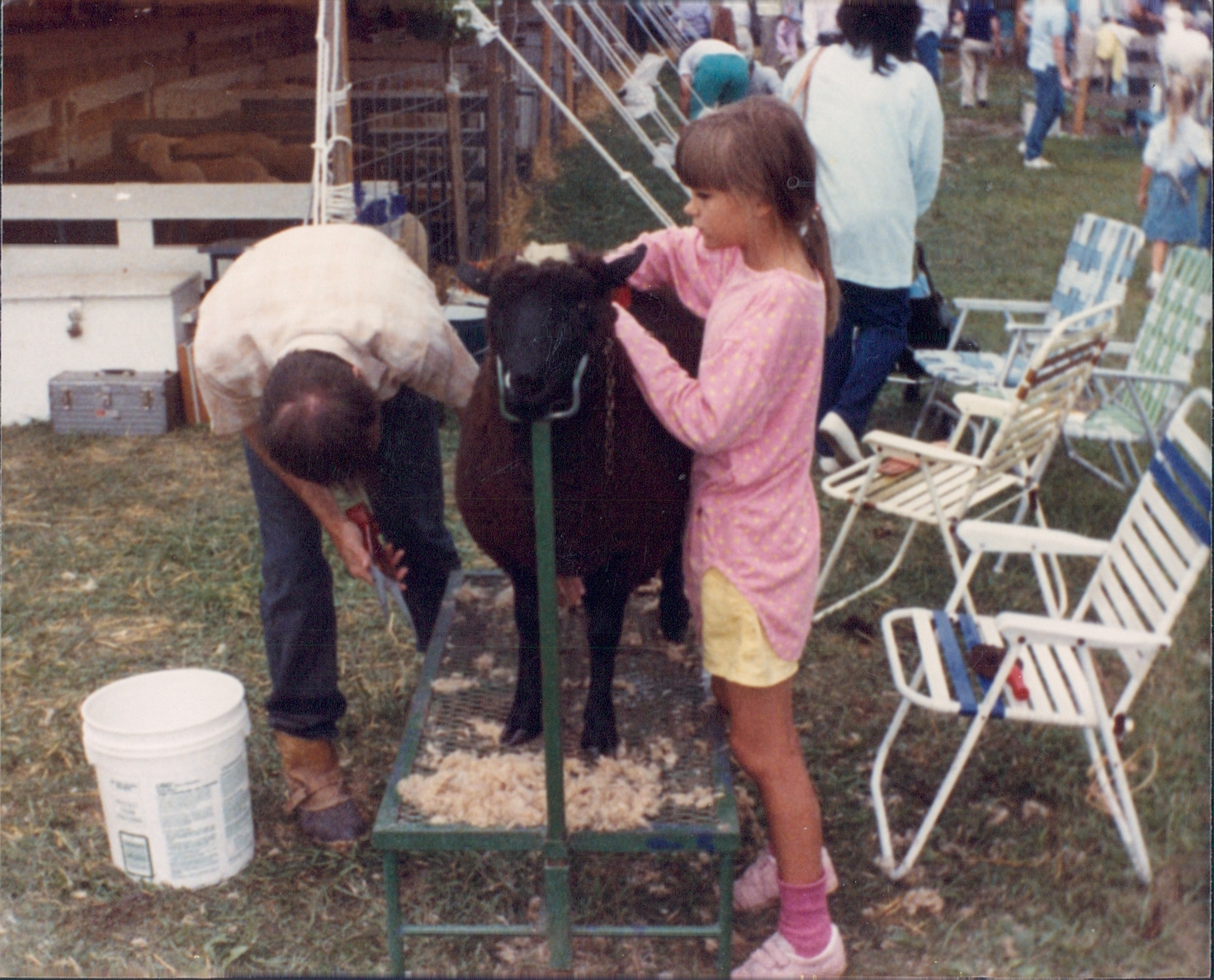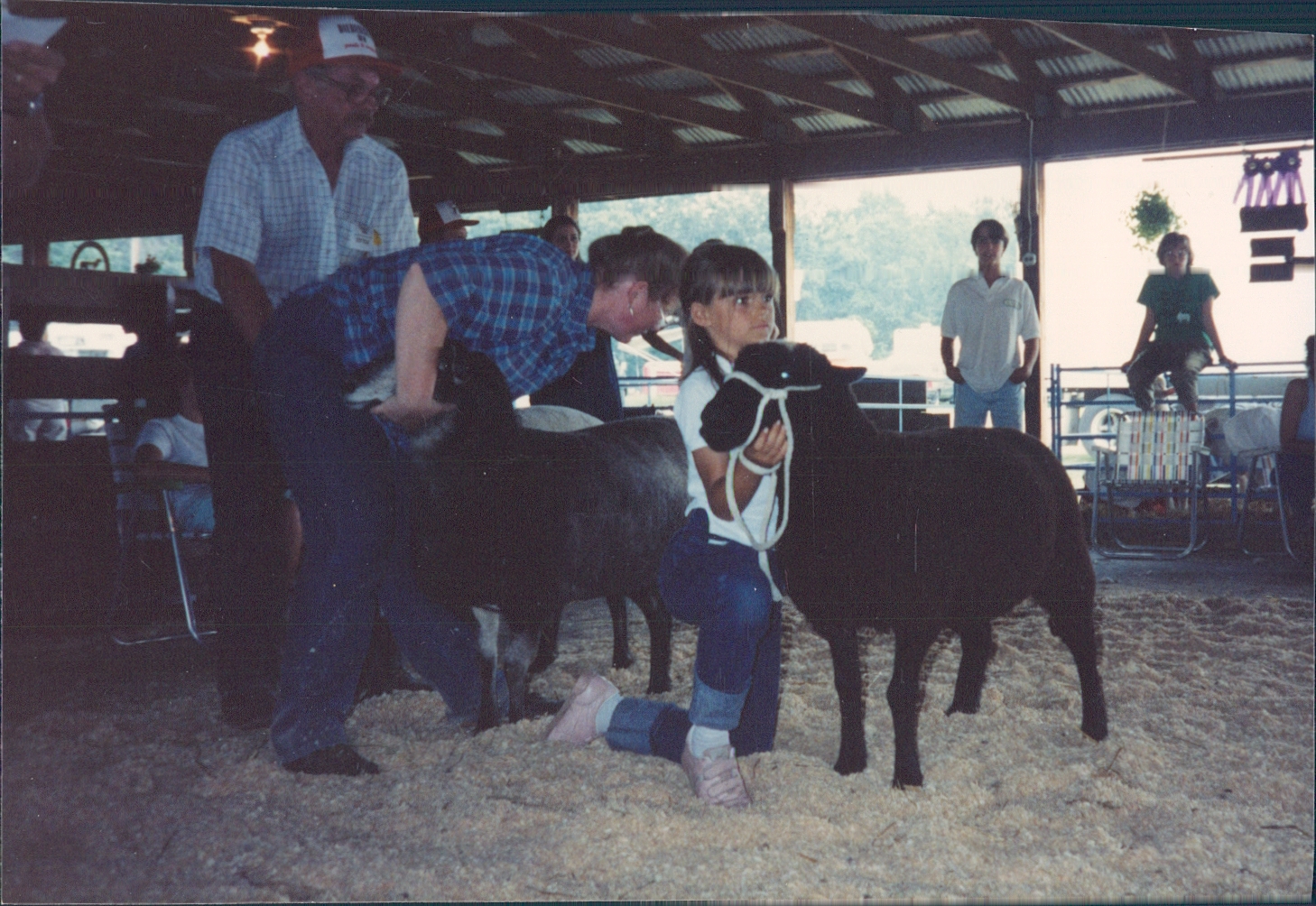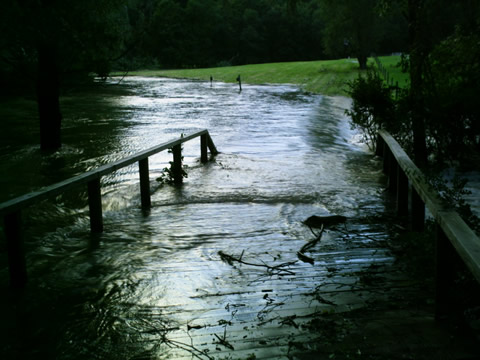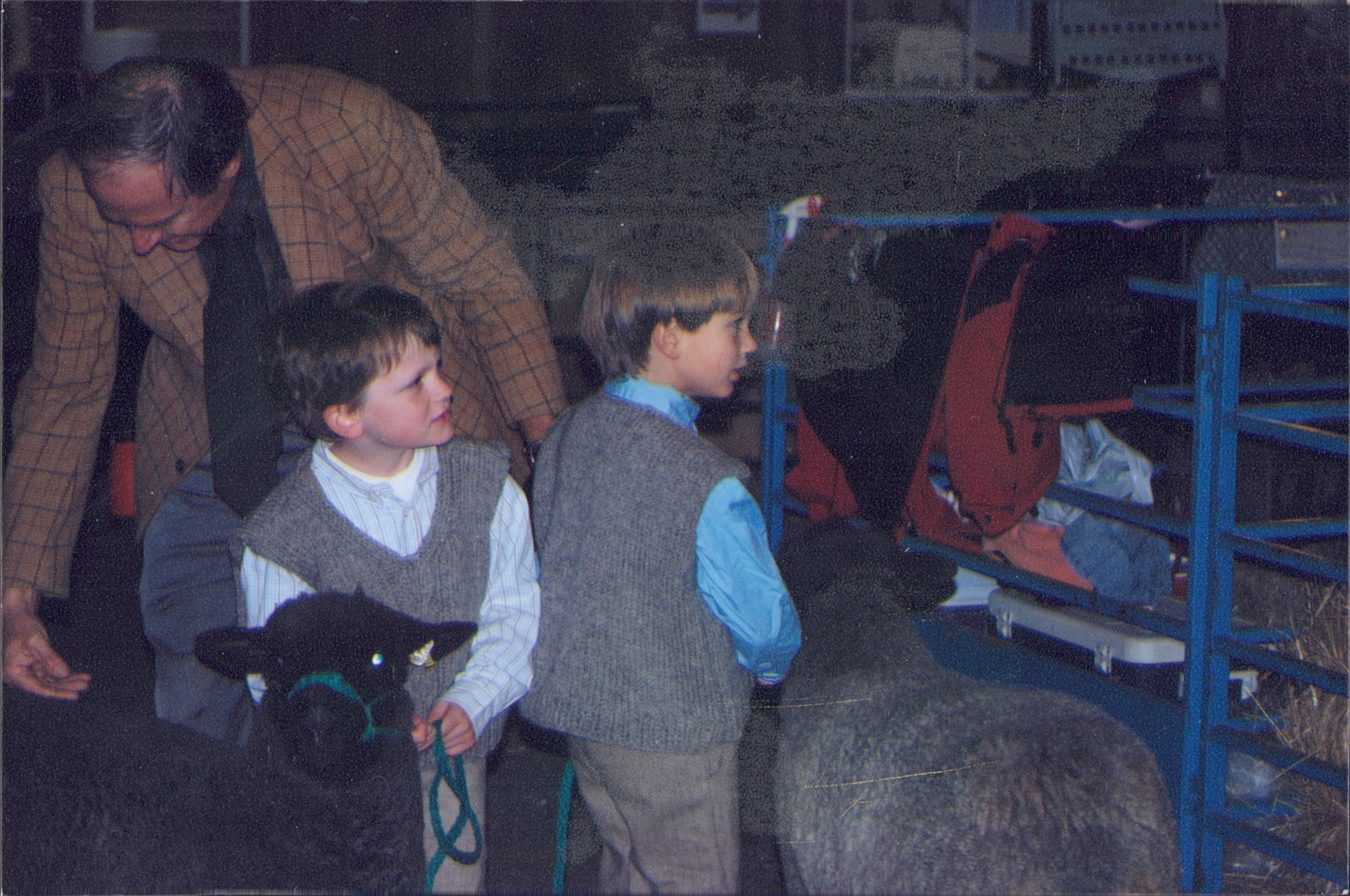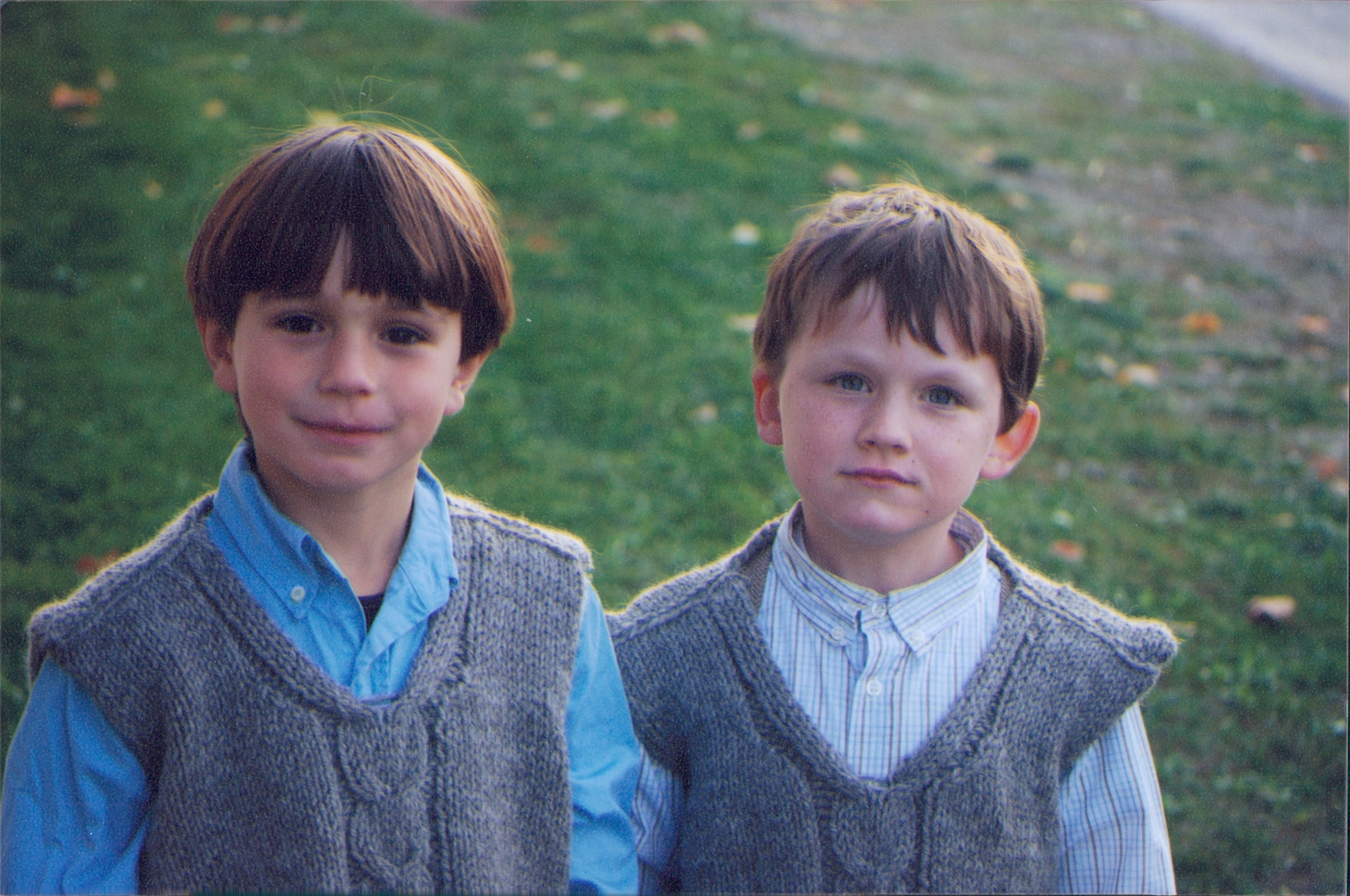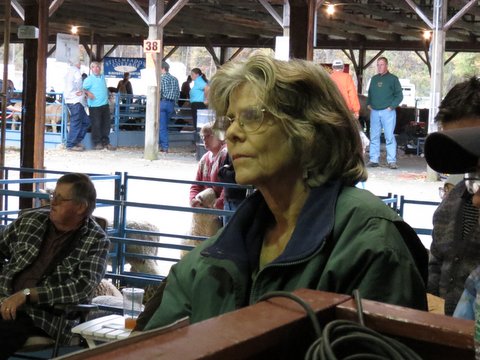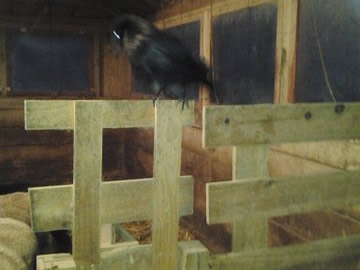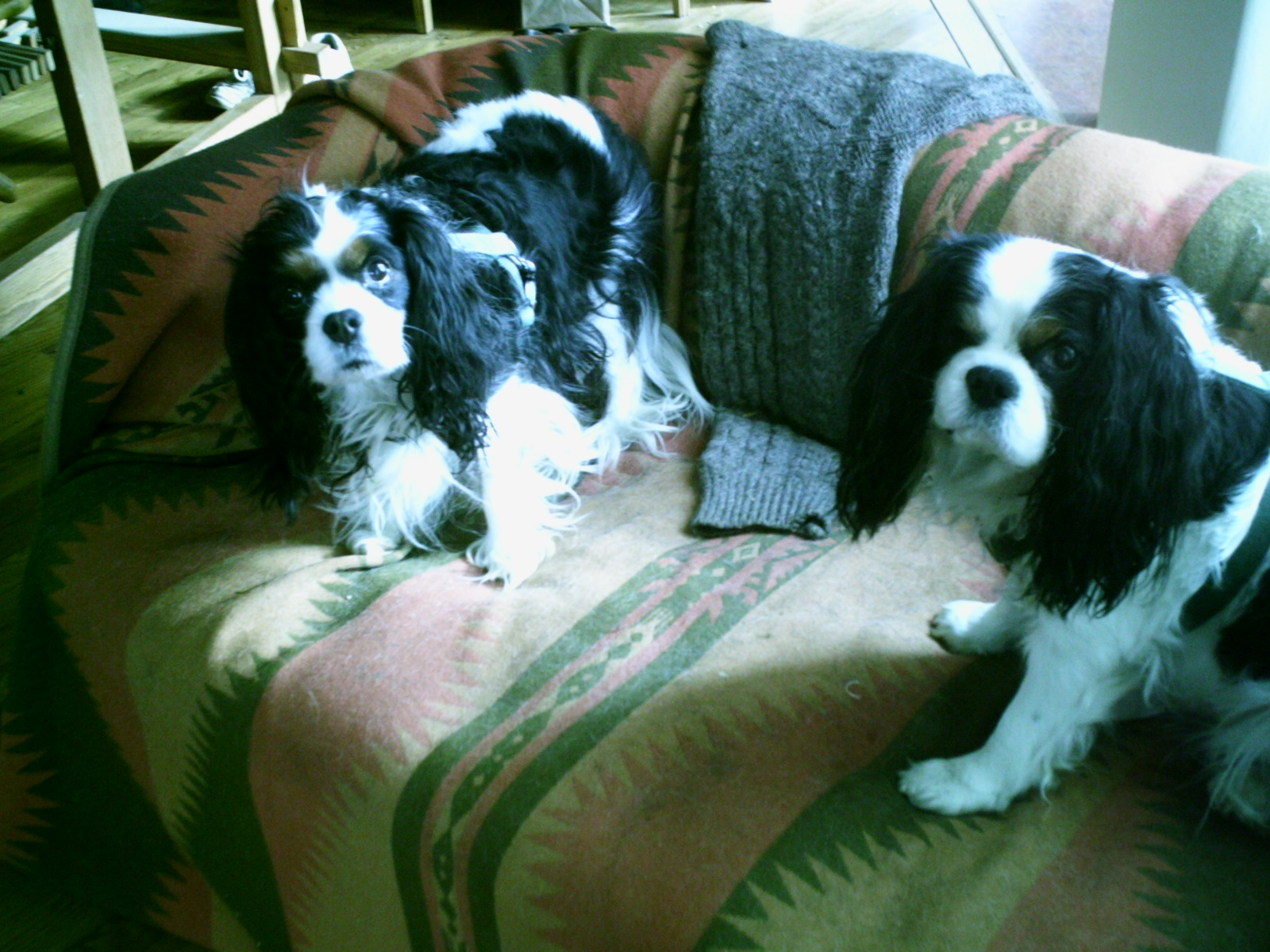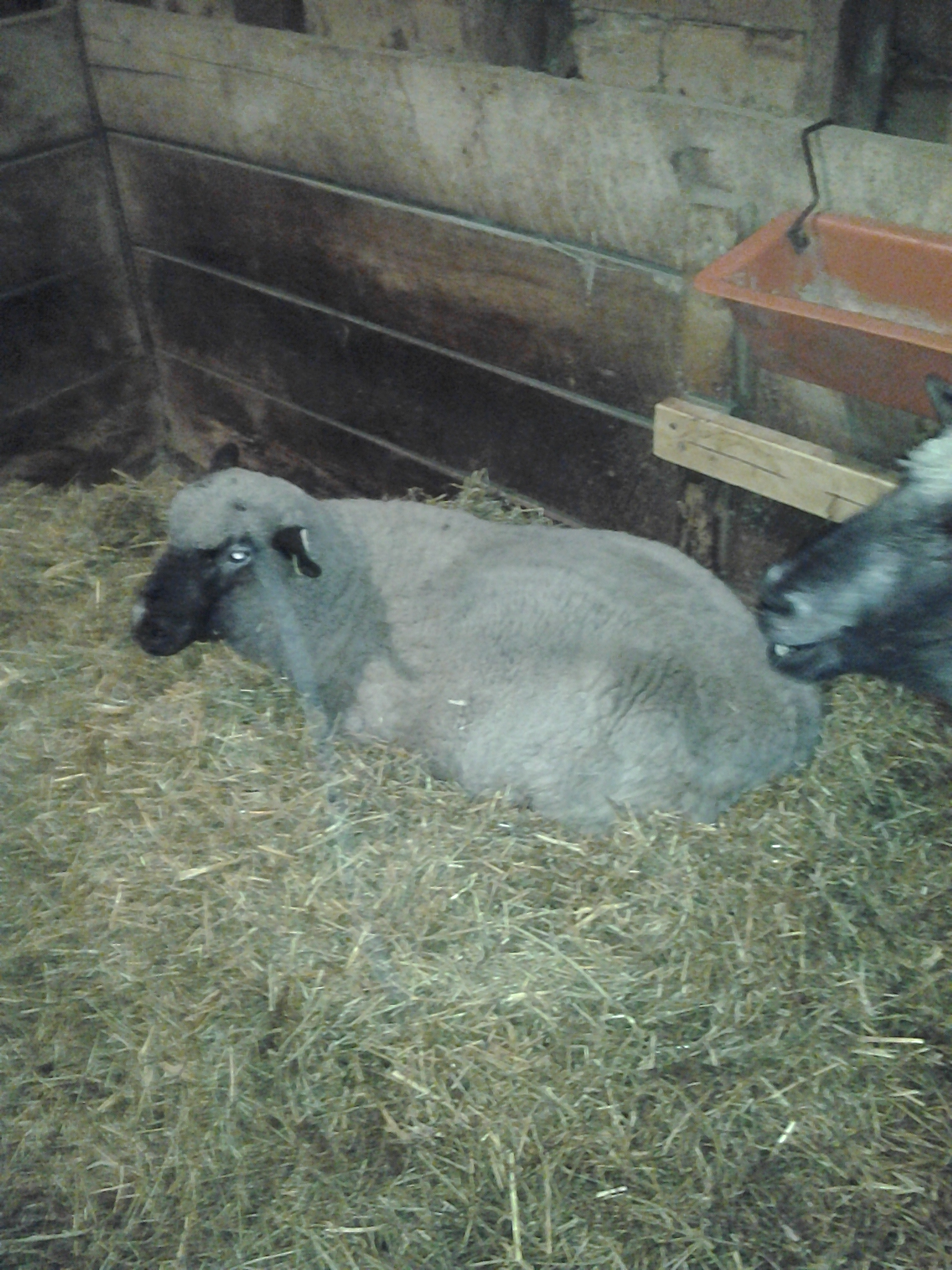Sheep Health
Ups and Downs
In more than 30 years of breeding and raising Romneys we have seen our share of health problems. We have met relatively (thank God) uncommon problems like meningeal worm; copper toxicosis, ; enzootic abortion; caseous lymphadenitis; polioencephalitis; ovine progressive pneumonia; fly strike, ureteral stone. Of course we’ve dealt all along with endemic issues like neonatal pneumonia; coccidiosis and intestinal parasites; foot scald, weepy eye, pregnancy ketosis. We’ve had freak accidents like lightning-strike death (just once); domestic dog attack; adjuvant-related seromas; and, once, a lamb who, “pronging” (doing a 90-degree up-leap) hit his head and died instantly. These are some of “the thousand natural shocks that flesh is heir to.” We give this [far from complete] list not to say we have solved all these problems yet or ever will, but to point out that for each we have developed preventive and curative measures that are helping. We strive to provide ourselves and our buyers each year with sheep less likely to be harmed by these maladies and to share what we have learned about treatment and prevention with anyone who asks.
Anchorage was one of the few Romney flocks that ever got certified in the Voluntary Scrapie Eradication Program. After a few years in that status, however, we withdrew as the program changed emphasis to focus (so we felt) mostly on preparedness to export ewes to Canada. Needless to say, we did not have any scrapie cases; so far as I know there were no cases in Romneys in the US. That statement is not meant to prove resistance, but leans hard against increased susceptibility.
I (Stephen) was on the Board of National Sheep Improvement Program for four years, during which time we and two other pioneers (the Carlisles and Dee Heinrich) were the only Romney breeders. NSIP is a very good program, but we left it because there were too few Romneys in it in this country to make progress.
The statement on OPP below represents our commitment to improving health. We thank Randy Reuter for his wise and strenuous efforts to get OPP out of our flock.
Statement on Ovine Progressive Pneumonia dated February 15, 2007 (still holds 2014)
Between 1994 and 1998 four sheep born at Anchorage Farm tested positive for OPP at their buyers’ place. We did not know about this until 1998. In that year we began a multi-cycle test and cull series to eradicate OPP from our flock, using the AGID test.
By January 2000 the mothers of every one of our year-2000 lambs were negative. In August 2000 all the brood ewes for year 2001 lambs were negative. In Jan 2001 all brood ewes were again negative. All breeding rams tested negative all three times. A sample (n = 8) of year-2000 lambs were all negative in March 2001.
The Anchorage Farm flock was closed to American ewes from 1998-2005, when we brought in 8 mature ewes from Pin Oak Farms, Aurora OR. All had tested negative for OPP in 2005. (New Zealand has no reported cases of “Maida-visna,” as they call it. We have imports tested anyway before sendoff.). We introduced an American ram in 2000. He tested negative in May 2000 and Jan 2001. A second American ram, also from a flock we have known well for years, came in 2003. In August 2004 we tested every sheep on the farm older than one year (n = 61). All were negative.
We do not say that we are “OPP free.” This is not a recognized term, and you should be suspicious about such claims. Nor do we adhere to the consecutive year annual testing guidelines recommended by the OPP Concerned Sheep Breeders Society (of which we are members) that would let us say “OPP tested according to OPPCSBS guidelines ” (see The Banner April 2004 p 111-114). Repeat: we do not say “tested according.” Given our closed flock and the negative surveys mentioned above 2000-2004, we do say that our sheep are at very low risk (our term) to have got infected here. We therefore say this about serotesting:
If your vet draws blood for OPP testing by AGID from a sheep you bought from Anchorage Farm and the test is positive less than 90 days after the sheep leaves Anchorage Farm we will pay you the test cost (vet call plus lab). We will also offer you a choice of cash refund for the purchase price or replacement of the animal with one of the same quality that is sero-negative.
If you are considering buying from us and want the sheep (one or more) and their sires and dams (any still with us) to be tested at your expense before purchase we will be happy to arrange that with due notice. We think this action, being earlier in the sheep’s life than the post-purchase test, is less useful to you, but it is your call.
CONDITIONS FOR REMEDY OF A POST-PURCHASE POSITIVE TEST:
- The sample must be drawn less than ninety (90) days after the sheep leaves Anchorage Farm
- The sheep must be bought directly by you from Anchorage Farm, not bought by you from an intermediary buyer
- You must prove you own the sheep (e.g. transfer papers or bill of sale)
- Written proof of the positive test signed by the vet who drew the blood
- You must notify us within a year of purchase
- Any seropositive sheep shall be shipped and the sale-barn purchase payment to you made over to Anchorage Farm.
We don’t take a stand on whether you should OPP-test your flock or individuals in it. If you are concerned about OPP in your flock, and not all breeders are, we recommend you talk to anyone from whom you might buy about that person’s test results and management. We do urge that if you choose to test newcomers to your flock, you do the first test soon after arrival at your place.
